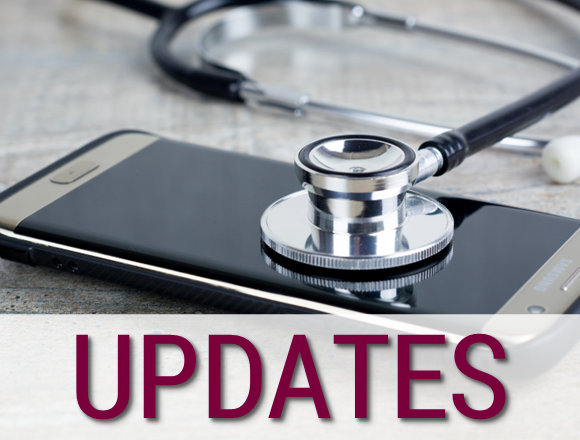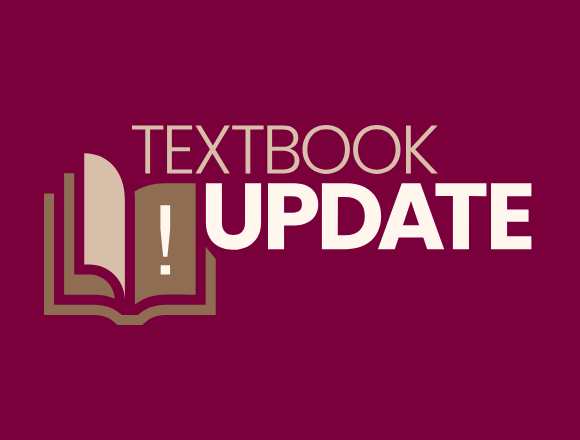“A holistic risk-benefit assessment should take into account an individual’s frailty status, preferences, and biopsychosocial context when considering treatment of other medical conditions. Many studies do not include patients with severe frailty, likely underestimating the adverse events anticipated in this population given that a lower homeostatic reserve is a core feature. This predisposes them to disproportionate changes in health status from stressors such as minor surgeries or new medications. Patients with frailty may also take longer to recover following an acute illness or procedure, and clinicians should ensure patients with frailty are given adequate time for rehabilitation.”

Frailty is the first chapter in the recently added Geriatrics section. The chapter discusses screening, diagnosis, and treatment options, including helpful visual aids and scoring tools such as the Clinical Frailty Scale. To read the chapter, click here.
Mobile apps
The new chapters are easily accessible through our mobile apps for iOS and Android devices. The mobile apps are also regularly updated on the go to improve the general comfort of use and stability.
Feedback
We have received very generous feedback, which has helped us tremendously in developing new content as well as fixing some technical issues. We would like to thank our readers for sharing their valuable insights.
If you have any suggestions or ideas, we are always happy to hear from you. You can always reach us at contact@mcmastertextbook.com.
 English
English
 Español
Español
 українська
українська




